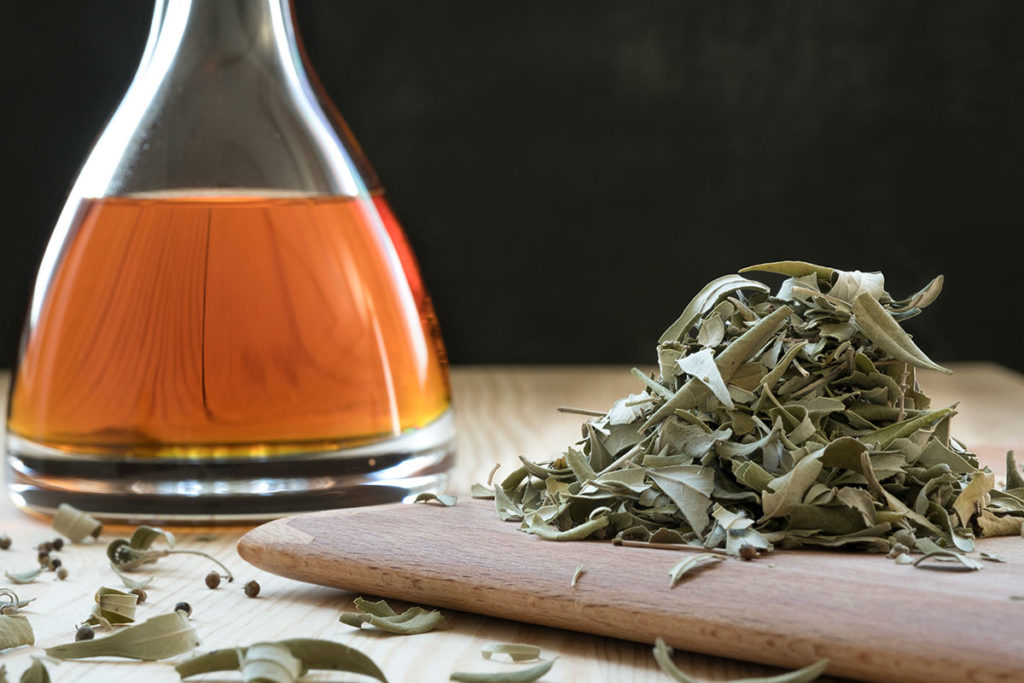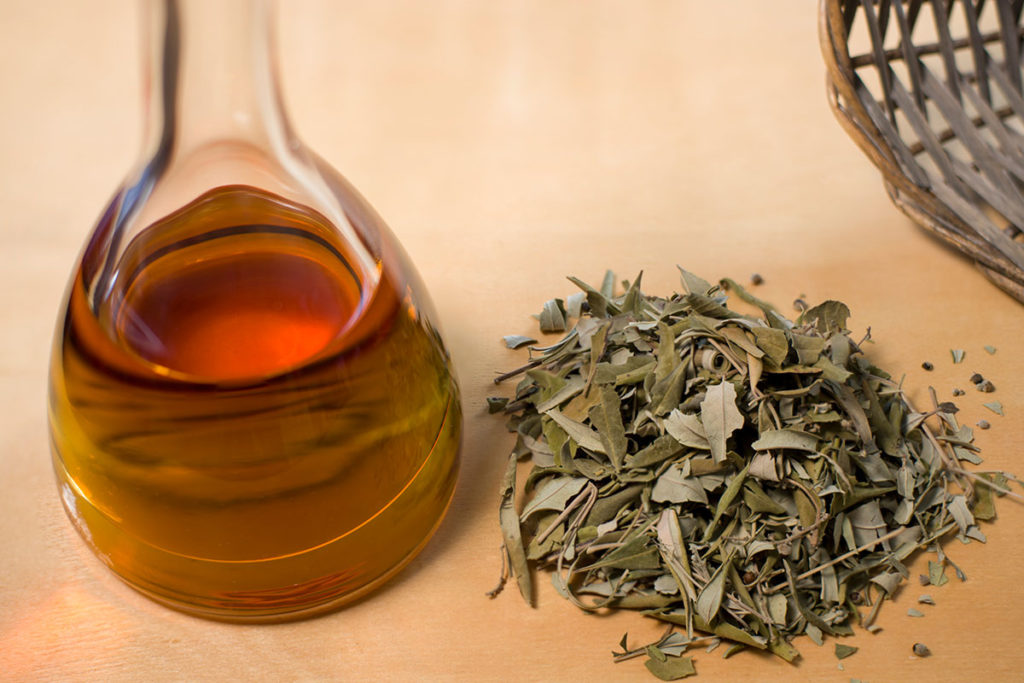Vitex Essential Oil
Vitex Essential Oil: A Unique Botanical Essence from Turkey’s Rich Terrain
Vitex essential oil is derived from the aromatic flowering plant known for its striking purple blossoms and resilient nature. While its presence spans across various parts of the Mediterranean, Turkey has emerged as one of the most notable regions for cultivating and producing this unique oil. The country’s varied climates, from the Aegean to southeastern Anatolia, provide ideal environmental conditions that support the healthy growth of Vitex shrubs. This geographical advantage allows for the production of high-quality essential oil, harvested using traditional knowledge and sustainable agricultural methods.
In Turkey, Vitex has been cultivated for generations, primarily in rural agricultural zones where farming families pass down knowledge about the plant’s seasonal cycles and optimal harvesting techniques. Farmers in regions such as Mugla, Antalya, and parts of the Mediterranean coast nurture these shrubs in well-drained soils under full sunlight. Turkish producers often use cold or steam distillation methods to extract the essential oil, focusing on preserving its natural aromatic profile.
The oil is characterized by its woody, herbaceous scent with subtle floral undertones, making it a preferred choice in natural perfumery and aromatics. Its earthy, grounding fragrance has helped it gain popularity in various industries that focus on scent-based applications, such as cosmetics, soaps, and candle-making. Moreover, its compatibility with other essential oils like rosemary, lavender, and citrus types makes it a versatile addition to complex aromatic blends.
Turkey’s commitment to preserving traditional agriculture while embracing eco-conscious production has helped position the country as a trusted source of Vitex essential oil on a global scale. Farmers often cultivate Vitex plants without the use of synthetic materials, relying instead on crop rotation, manual weeding, and water-efficient irrigation techniques. This mindful approach not only aligns with sustainability goals but also enhances the authenticity of the oil produced.
Vitex essential oil has a long history of traditional usage in regions where the plant naturally thrives. While the oil is not promoted for health benefits, its long-standing presence in rural communities of Turkey points to its cultural value in daily practices and artisanal product creation. For instance, handmade soap producers in the Turkish countryside often integrate Vitex essential oil into their small-batch formulations, cherishing its rich scent and regional identity.
Due to increasing interest in botanical ingredients from traceable origins, Turkish Vitex oil has found a niche among consumers and manufacturers seeking transparent sourcing. The traceability of the supply chain—from seed to oil—is supported by local cooperatives and independent growers who ensure the integrity of their produce through responsible farming methods.
Globally, the demand for unique essential oils that reflect local ecosystems and traditional know-how has encouraged more international buyers to source from Turkey. This demand supports rural economies and provides incentives to protect biodiversity, especially in mountainous and coastal areas where Vitex plants grow abundantly. As a result, the cultivation of Vitex also contributes to environmental preservation efforts by promoting low-impact agricultural practices.
In summary, Vitex essential oil stands out not only for its distinctive scent but also for the cultural and environmental context in which it is produced. Turkey’s role as a primary growing region adds significant value to this botanical product. With sustainable farming, traditional harvesting techniques, and a growing international reputation, Turkish Vitex essential oil continues to gain attention as a refined and regionally rooted ingredient in the global market. Whether used in artisan crafts or large-scale production, this oil carries with it the essence of Turkish soil, tradition, and care.
Product Information
Crop: Wild grown on mountains
Parts used: Berries
Extraction method: Steam distillation
Quality: 100 % pure and natural essential oil
Industry used: Dietary/Nutritional Supplement, Phytotherapy, Aromatherapy, Cosmetic, Perfume, Feed and Agricultural industries.
Packaging: Food grade barrels in various sizes or Glass bottles with orifice reducer caps
Country of origin: TÜRKİYE



